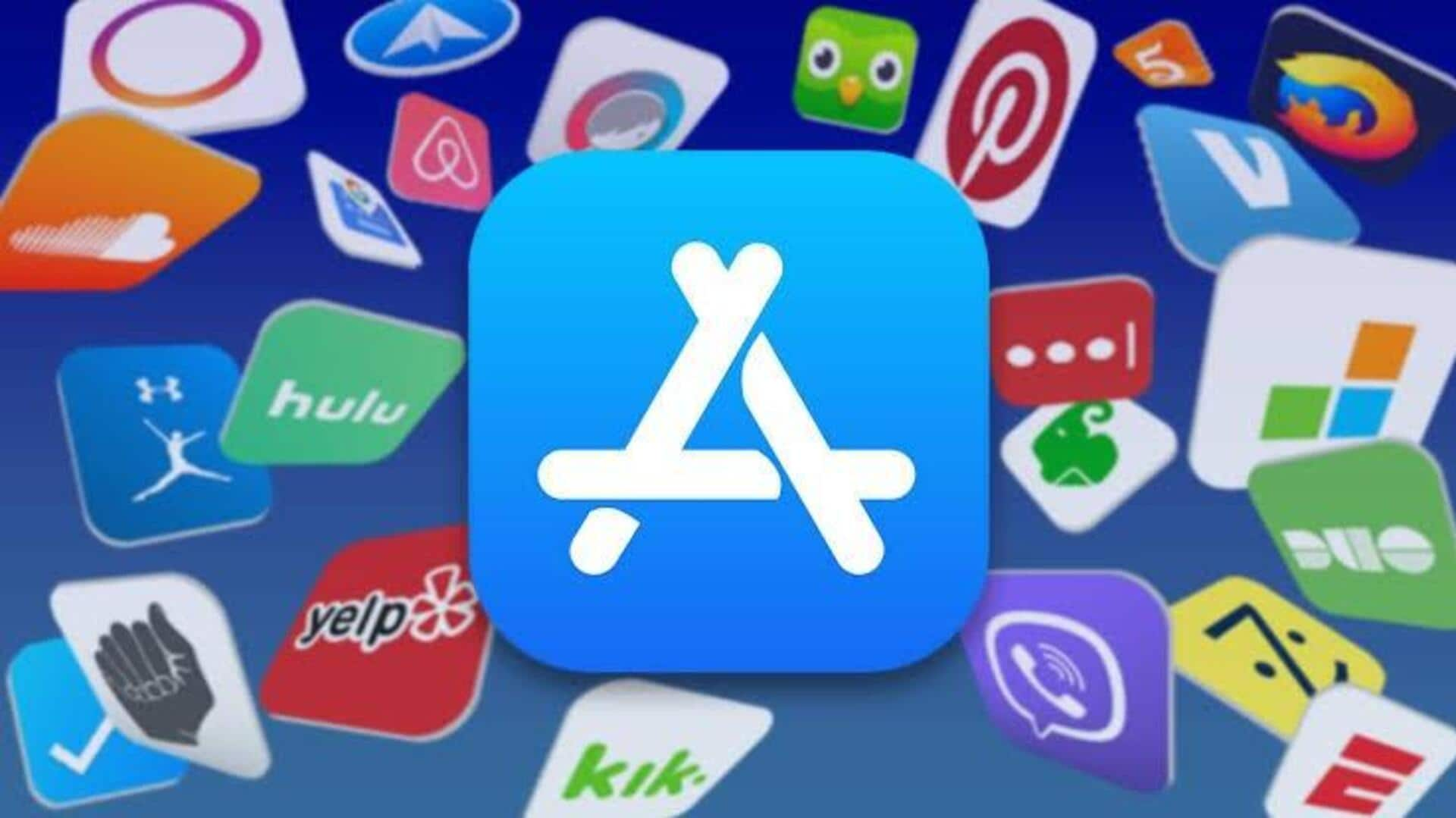
Apple opens doors to retro game emulators on App Store
What's the story
Apple has announced that it will now allow retro game emulators on its App Store platform. The tech giant made this announcement as part of a significant policy change, stating that these emulators can globally offer downloadable games via the App Store. However, Apple emphasized that all games must comply with "all applicable laws," hinting at a possible ban on apps offering pirated titles.
User impact
How emulator inclusion would impact iPhone users
This policy shift could potentially pave the way for retro console emulators, currently available on Android, to extend their reach to iPhone users. Until now, iOS had prohibited game emulators, leading iPhone users to seek alternatives such as jailbreaking. They were also a significant reason for European users to explore third-party app stores, which have recently been legalized in the region. However, Apple's latest move might dissuade iPhone owners in the EU from exploring alternative marketplaces.
Rule revision
Apple revises development rules for super apps
Alongside the new emulator regulations, Apple has also updated its rules regarding super apps like WeChat. The company specified that mini-games as well as mini-apps within these super apps, must be built using HTML5. This indicates that they cannot be native apps and games, marking a significant change in the tech giant's policy toward app development on its platform.
Legal pressure
Policy changes in response to antitrust lawsuit
The policy adjustment appears to be a response to an antitrust lawsuit registered by the US, accusing Apple of attempting to suppress cloud game streaming apps as well as super apps. Recently, Apple has started allowing cloud streaming services such as GeForce Now and Xbox Cloud Gaming onto its App Store, indicating a shift in its stance toward these types of applications.
EU regulations
Apple responds to European Commission pressure
Outside of the US, it seems that Apple is also answering to pressure from the European Commission. In a recent policy update, Apple announced it will now permit music streaming apps in the EU, to include in-app links directing users toward external purchases and provide pricing information. Additionally, developers are now allowed to "invite users to provide their email address for the express purpose of sending them a link to the developer's website to purchase digital music content or services."
Spotify's stance
Spotify expresses dissatisfaction with Apple's changes
Despite these policy changes, Spotify remains dissatisfied with Apple's recent modifications. After the Commission labeled Apple's anti-steering rules "illegal," Spotify attempted to update its app with links to its website for subscription purchases but faced delays in approval from Apple. The music streaming giant has expressed frustration as Apple is still planning to charge a commission on purchases made through external links, despite EU Commissioner Margrethe Vestager's directive that Apple must allow music streaming apps to communicate "freely" with users.